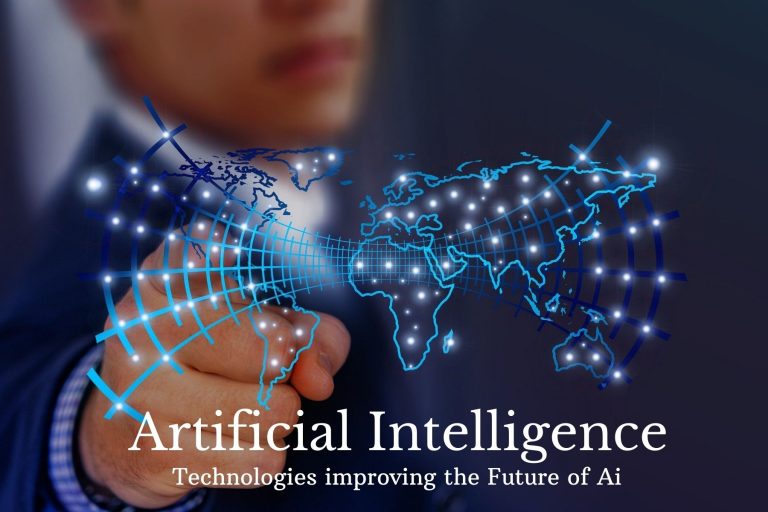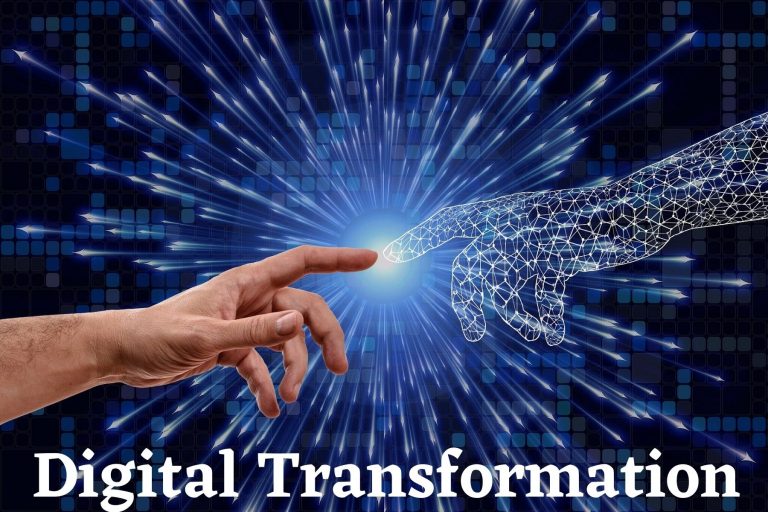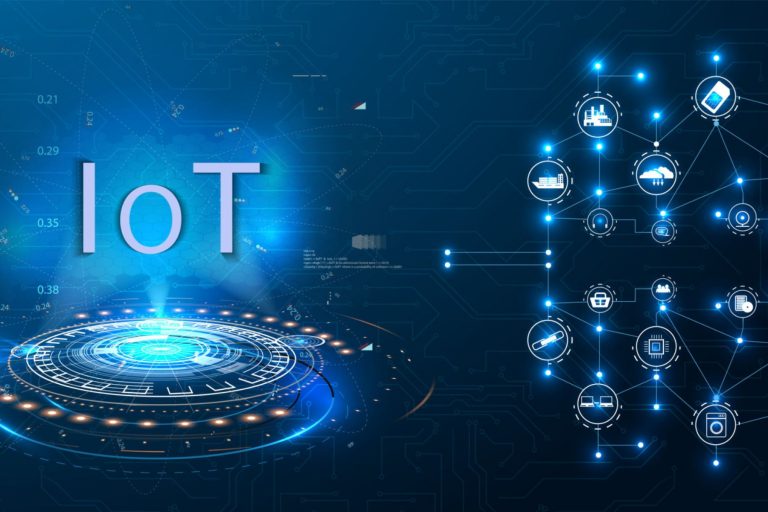Artificial Intelligence has been a hot topic for the past couple of years and many organizations like Google and Facebook are leveraging the exciting benefits of Ai to automate and optimize various internal and customer-centric processes.
If you look at the recent Ai day event of Tesla, one of the main highlights was the development of the Tesla bot – An Ai-powered humanoid robot prototype that will “hopefully” be sent to mars. This proves that Ai is here to stay for the foreseeable future.
One interesting thing to note about Ai is that there are many disciplines and technologies that involve Ai. These technologies are actively optimizing and improving the future of Artificial Intelligence. So, which are these Ai technologies? Read on to find out!
5 Artificial Intelligence Technologies that are improving the Future of Ai
1. Machine Learning
Machine learning is a subset of computer science and Artificial Intelligence that focuses on leveraging sophisticated algorithms and data to mimic the way human beings learn & slowly improve accuracy over time.
Applications of Machine Learning
Many SMEs and large organizations that deal with huge troves of data know the importance of Machine learning. A few common applications of Machine learning include:
· Retail – Retail websites leverage machine learning to effectively evaluate the purchasing history of customers. This evaluation helps in extracting crucial insights which can then be used to offer curated product recommendations based on the purchasing behavior. Machine learning is also leveraged by retailers to gather, analyze and apply data to seamlessly optimize prices, personalize shopping experiences, gain consumer insights, plan item supply and execute marketing campaigns.
· Health-care services – Machine learning is quickly gaining prominence in the healthcare sector due to the development & use of sophisticated devices like sensors and wearable gadgets. Medical personnel can easily leverage this complex technology to identify various types of health data, spot trends and use insights to improve diagnosis & treatment.
· Financial sector services – Various financial institutions and banks are leveraging Machine learning to prevent fraud activities and identify valuable insights.
2. Artificial Intelligence
What is Ai – Artificial intelligence uses sophisticated computer systems, algorithms and machines to imitate the decision making & problem-solving abilities of human beings.
Applications of Ai
· Banking – Ai is helping Banking institutions improve precision, efficacy and speed of human activities. Ai is being increasingly leveraged to automate complex data management tasks, implement accurate & quick credit scoring and identify fraudulent transactions.
· Manufacturing – Manufacturing firms may use a form of Artificial Intelligence tool/solution known as a recurring network. This is basically a form of deep learning network that is used with sequence data. This network is leveraged to analyze IoT data of connected equipment (of a factory) and leverage crucial insights to forecast load & demand.
· Public sector – Ai can be seamlessly leveraged in public sector facilities as well as for military purposes. By incorporating Ai in the public sector, government entities can make cities smarter whereas military forces can leverage Ai to ensure timely preventive maintenance and improve mission readiness.
· Life Sciences – Healthcare facilities and Life sciences firms can leverage the many benefits of Ai to bring novel medicines to the market and tackle some of the largest health issues which are currently plaguing our planet.
3. Deep Learning
Deep learning is a form of machine learning that takes its inspiration from the function & structure of the brain and leverages complex algorithms to create a groundbreaking solution called Artificial Neural Network.
Deep Learning Applications
· Image Recognition – Two practical applications of deep learning-based image recognition are scene description and automatic picture captioning.
· Speech Recognition – Some of the most common applications that are using deep learning to recognize speech are Google Now, Siri, Xbox & Skype.
· Natural Language Processing – Neural networks were being leveraged by many organizations to process & interpret textual text. This same approach may be used in the future to find patterns in sources like medical notes, consumer complaints, news articles and social posts and determine an appropriate course of action.
4. Computer Vision
As the name implies, computer vision refers to that branch of Ai which teaches computing systems to evaluate and understand images. Machines integrated with deep learning models can seamlessly & reliably detect and categorize different items/things by using videos & digital pictures from cameras. This data is then leveraged to react or carry out follow up tasks as required.
Computer Vision Applications
· Facial recognition – you might’ve come across face unlock in your smartphone. It uses deep learning models and Ai to effortlessly scan your face and unlock the phone. However, if some other person tries to unlock your phone, it won’t work as deep learning models differentiate between various faces, items and objects!
· Edge detection – There are a handful of sophisticated mobile applications for both Android & iOS that detect the edges to identify what the actual image is. In addition to that, some applications let you measure the length or breadth of a particular object simply by detecting the edges!
5. Natural Language Processing
Natural Language Processing (NLP) is a subset of Artificial Intelligence that is enabling computers & systems to understand, interpret & manipulate language spoken by human beings. To achieve this extraordinary feat – NLP depends on computational linguistics, Ai, computer science amongst others.
Natural Language Processing (NLP) Applications:
· Everyday applications – The spam filter that you see in your email account is a result of the Natural Language Processing algorithms.
· NLP & text analytics – Text analytics which is a part of NLP counts, classifies & categorises each word to seamlessly determine the structure and meaning of particular content.
These are a few Ai developments that are helping improve the future of Artificial Intelligence for consumers and organizations. Want to leverage the many benefits of Ai? Then why not get in touch with ARSR?
ARSR is a reputable software development company in San Francisco that holds expertise in Ai and offers a wide range of Ai-services like development, customization, strategy & consulting, integration, implementation and support to startups, SMEs and large organizations.






